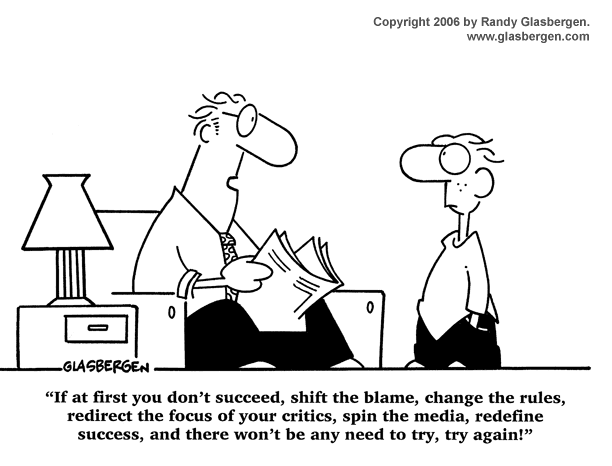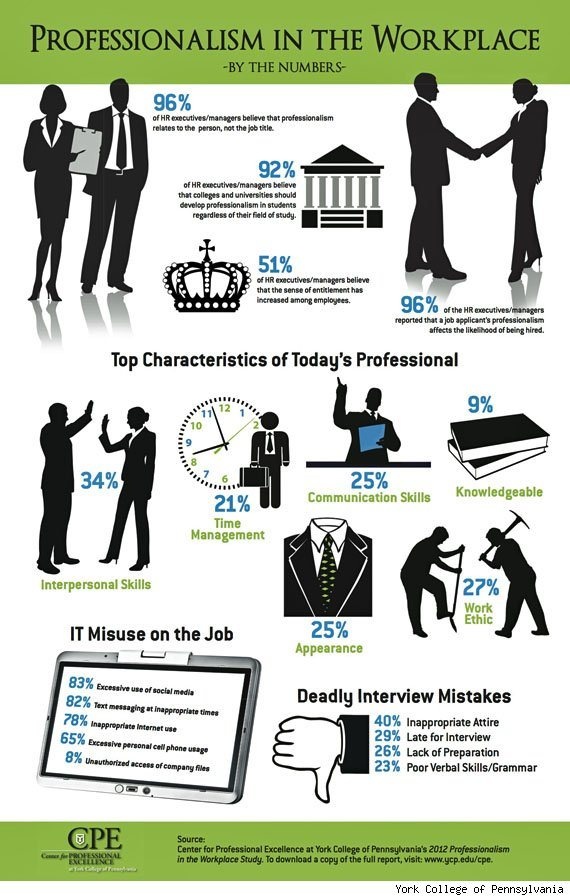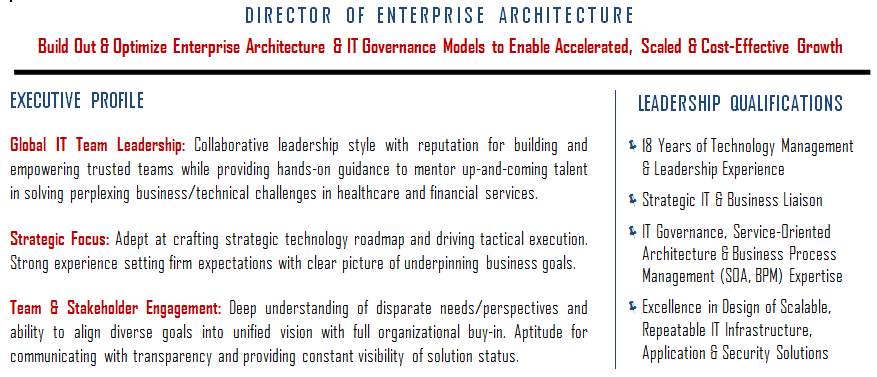I came across this infographic on Pinterest, and I thought I would share it as "innovation" seems to be the workplace word of the hour.
Right up there with "culture," the desire to be "innovative" rolls off of corporate and self-employed tongues like it is the answer to the latest fairytale ending.

As a career strategist, I must hear the word used at least 20 times a day. Suddenly, everyone is declaring themselves to be innovative and they want everyone else to know it. They want their companies to be innovative, and their companies want them to be innovative.
It all makes HR very happy as they run off and produce more "innovative" leadership training seminars. Certification and degree programs are beyond happy because they've convinced everyone that innovation and credentials somehow go hand in hand.
But in all this merriment and "sexy" idea of what innovation is, I can't help but feel that the true meaning of the action "to innovate" isn't somehow lost.
Throughout my career, I've been in corporate leadership, earned an MBA, earned a Six Sigma Black Belt, earned advanced career strategist certifications, attended numerous seminars and leadership conferences, served in political office, and started a successful small business from the ground up (that offers several different "innovative" job search and branding solutions), and it's all been valuable in different ways. But I'm pretty sure that none of it has really spurred innovation. It's added to my credibility and the credibility of my team members. It's given me lots of letters to place after my name. It's taught me some interesting theories. It's allowed me to meet some interesting people and open some interesting doors....all great things...but innovative?
Instead, here are the things that I would attribute to making me more "innovative," whether it was in my corporate days or now as a small business owner:
- Listening, listening, listening
- Paying attention to the market and then paying attention some more
- Understanding that I must benefit the least
- Failing
- Failing some more (called "Experience")
- Not overly focusing on what others think
- Not pretending I've reinvented the wheel
- Not thinking so much about what it means to be "innovative"
Now you don't often see these things on a list of Innovation How-To's. For one thing, they are somewhat solitary, not exactly the collaborative utopia today's working environment is going for. For another, they take a lot of time...a lot of time making mistakes.
Basically, they aren't very sexy.





